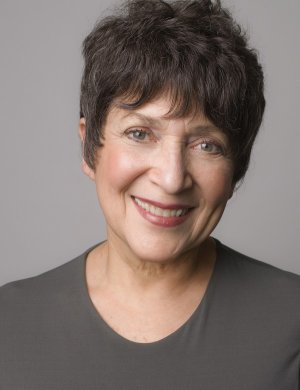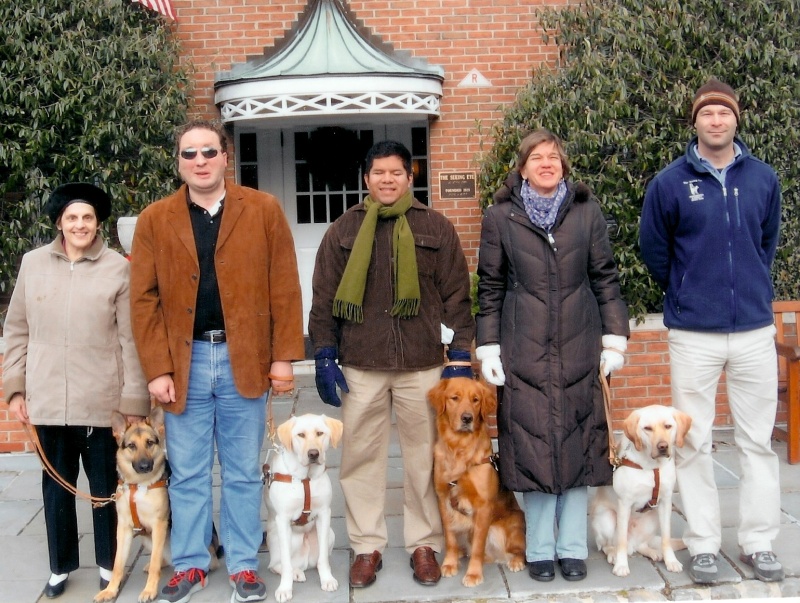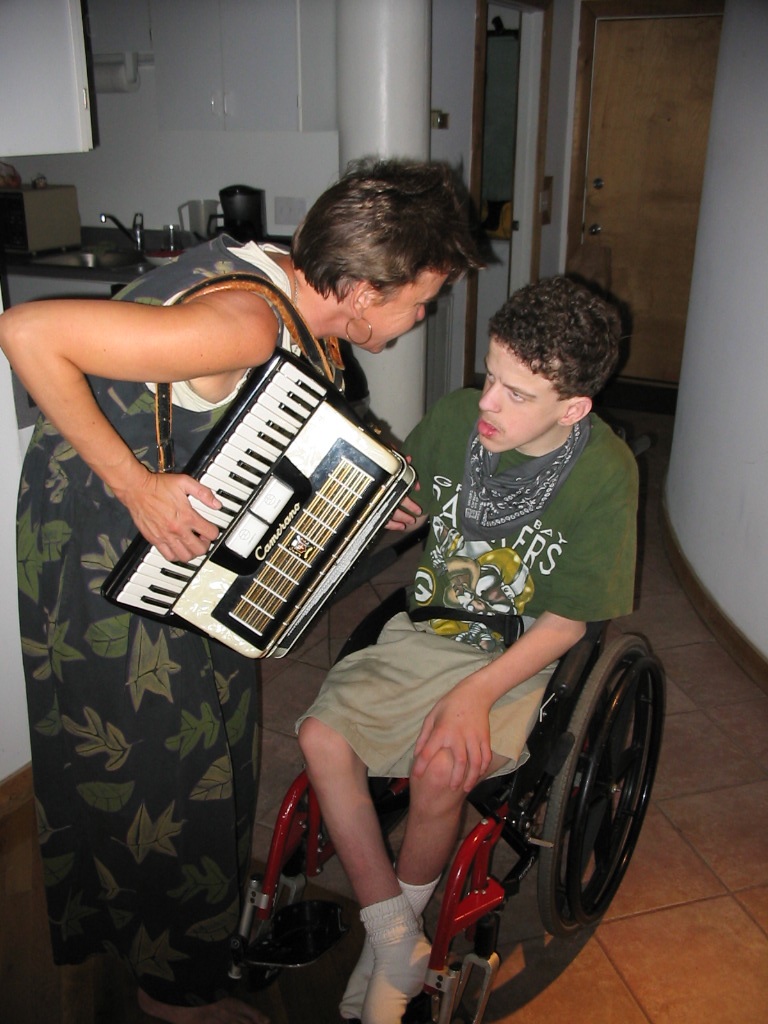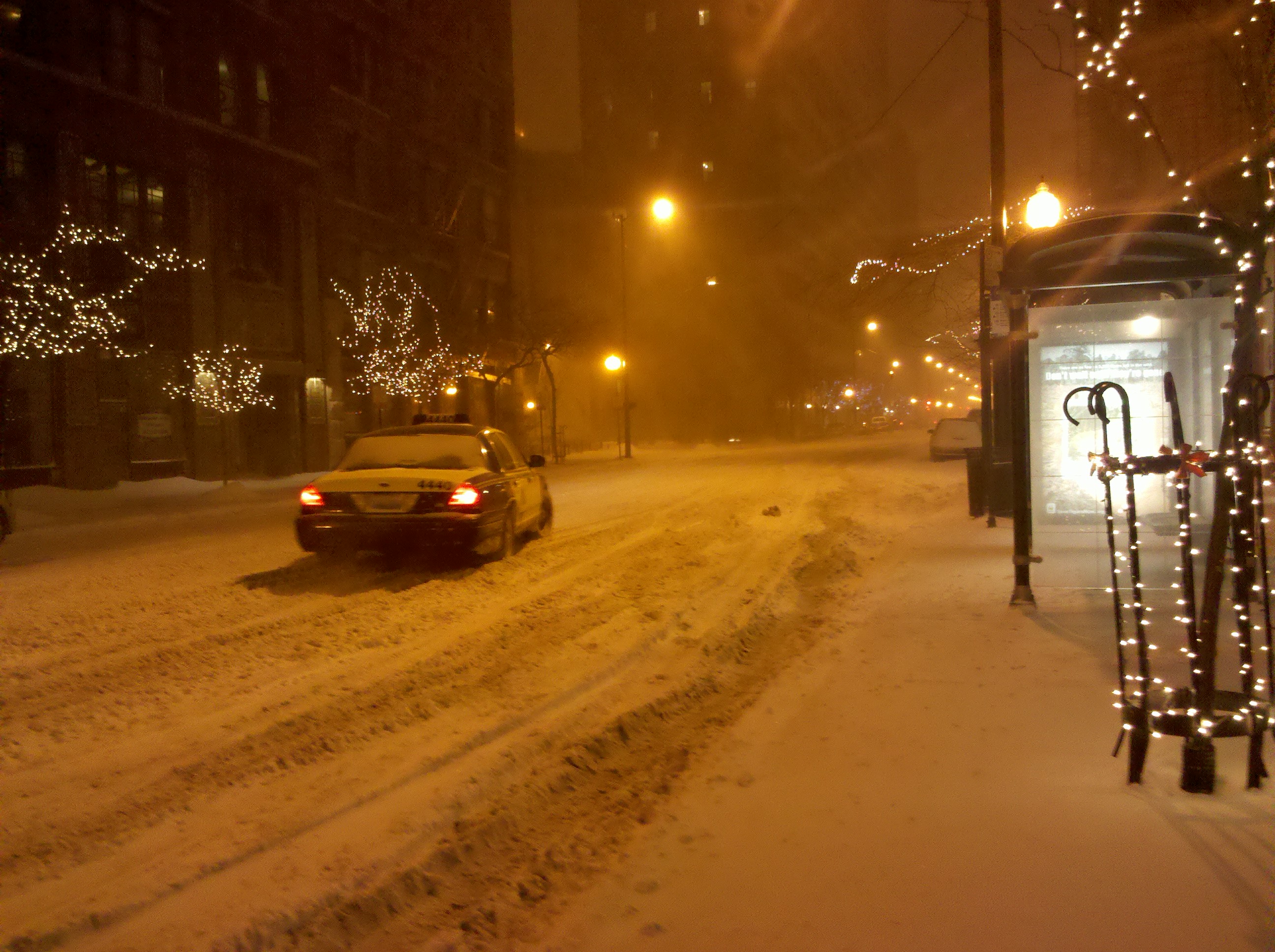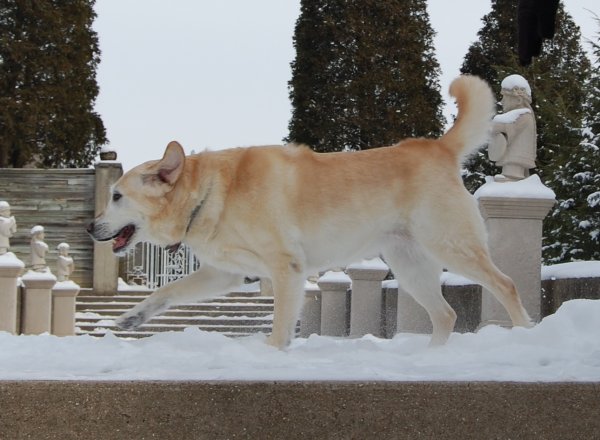Here's why I haven't moved
February 24, 2011 • 9 Comments • Posted in memoir writing, travel, Uncategorized, writingWith all the snow and ice this winter, and then with this week’s mayoral election, I just knew that the seniors in our memoir-writing class were getting phone calls. “Friends and relatives from warmer places are calling you, right? They’re asking you why you don’t move closer to them.” Their heads nodded in unison. A chorus of “uh-huhs.”
And so, the assignment for last week was: Here’s Why I Haven’t Moved to _________.” It was up to them to fill in the blank. as always, these writers did not disappoint. Audrey’s parents came from a small town in Edgefield County, South Carolina to Chicago during the Great Migration, and Audrey had considered moving there.
I’d see a lot of relatives on my visits. my aunts and uncles were so comforting. One of my older cousins coined the phrase “door poppers”: short visits to as many people as you can in a period of time. I think our top count was 15 in one area. No matter how short the visit, the people were glad to see you.
When it came time for Audrey to retire, however, things in Edgefield County had changed.
My thoughts had been that I would come to a place that would remain a quiet country town, but it was getting quite busy. The next generations were unlike their elders. A home-cooked meal became take-out. No “door poppers” with them. They are hardly home. I thought I knew the traditions and behavior of the people in the area, but as generations change, so does the culture.
It was so interesting to hear all the essays and find out, one, which place each writer had considered moving to, and two, what had kept them in Chicago.
Joette’s piece about why, if she ever moves to L.A., she’ll take a plane, opened with a description of her Pop’s decision to close his Puerto Rican diner in New York City and drive the family (along with their flamboyant counterman and bus boy) to Los Angeles:
His cousin told him that it was the Promised Land and invited us to join her there.
My mother packed up a few pieces of clothing for each of us, and only one toy per child. Not much of a sacrifice. We were so poor the three of us kids didn’t have much to begin with. I brought my doll, although I would have preferred taking the Rock-ola.
Joette’s description of the beloved jukebox they’d left behind in the New York diner reminded all of us why it is oh so important to include detail in our writing.
The counter guy Raul used to love to dance to the big beautiful Rock-ola juke box that blasted out a vast collection of tunes sung in Spanish. As a six year old, it delighted me to watch him dance as he went about his chores. I loved to lean on the huge wondrous music machine and feel its heartbeat pulsing with the amazing rhythm of its Latin soul. I liked to put my eyes close to its colorful lighted body and see the green and red world shining within it. Standing on tip toes I could watch the 45s drop into place and the record player arm move as if by magic into perfect place to play the number requested for only a dime, five plays for a quarter.
Wondering why I haven’t moved away from Chicago? The answer is obvious. I’d miss this class too much!
